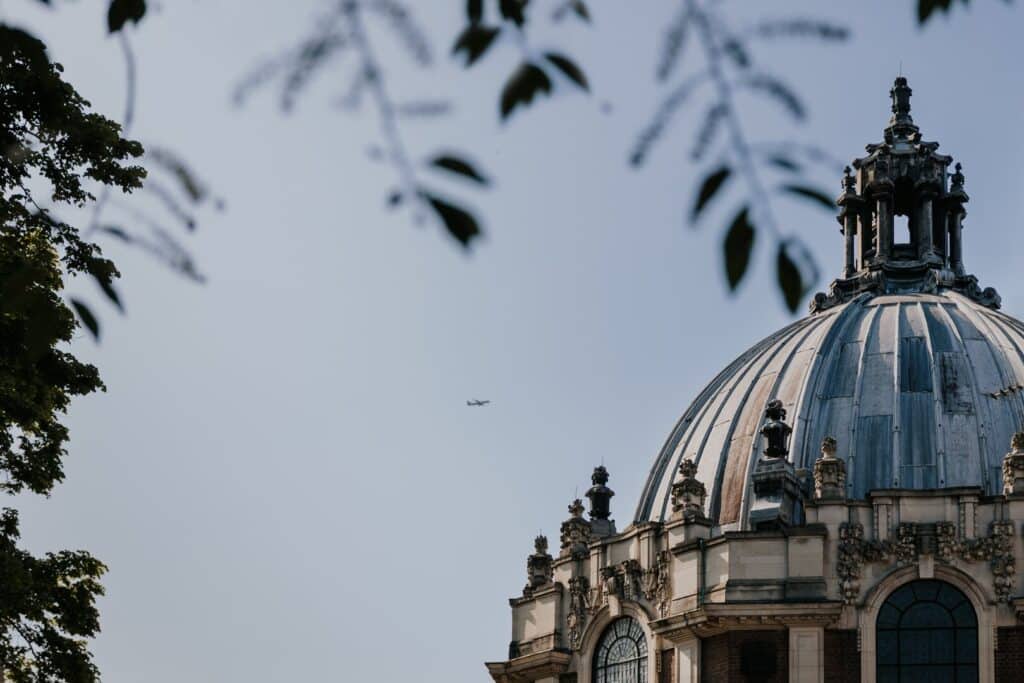I was born in London but raised in Ghana by my grandmother until I was around 9 years old. Both of my parents are Ghanaian and came to the UK for work. I went to a lovely primary school in the heart of Accra and then moved to a London primary school in Year 4.
When I was around 10 my teachers realised they had this kid who wouldn’t stop talking and thought they might as well throw that passion into the debating programme they had just started. Our school team did well, coming in third in London our first year and then second when I moved into Year 8. I competed in public speaking competitions from the age of 9 until 12 getting to the grand finals every time.
My journey with applying for the Orwell Award began with losing an argument! I initially resisted coming to Eton because I viewed it as “unrealistic” and wasn’t included on the list of sixth forms I was considering.
I’ve exceeded my expectations here in every direction.
But then COVID happened and there was no escaping my parents tag-teaming me about Eton until I thought I’d reluctantly apply to appease them. But once I started putting my application together, I found myself falling in love with Eton’s drama and music programmes (which is what finally sold me in the end). I also decided to apply for the Michael Meredith Award for drama and a few months after the audition, we received a letter from the School confirming I’d got the drama scholarship alongside the Orwell Award, which was mind-blowing!
Before coming to Eton, I had enjoyed drama as an actor but not nearly at the esoteric standard that Eton drama provided. In my first year I was approached to associate direct and conduct the Lower Boy Play and enjoyed getting to pair my love for modern opera with postmodern theatre.
I hadn’t led a production until I got to Eton and was fortunate enough to lead the cast of Equus as Dysart in the Michaelmas school play. Whilst incredibly nervous to take on a part where Dysart speaks for the majority of a two-and-a-half-hour production, the support from the crew, cast and director made what I thought was impossible an experience that will stick with me for the rest of my life.
I’ve exceeded my expectations here in every direction. One of my biggest achievements was launching a series of talks called Eton Experiences which highlighted the experiences of minority-ethnic backgrounds. We’ve also had some girls from our partner schools come in and talk about feminism as part of the Counterparts Conversation programme that I was able to create with the support of the inclusion department. People were so eager to listen and discuss issues which were outside of their usual experience. That’s the joy of spending time at a place like this.
In my final year, I was lucky to be able to put on Eton’s first-ever Black History Month concert, from gospel choirs to string orchestras and jazz bands with the wonderful support of the music department.
I’m taking A Levels in English, history and politics. I’ve got an offer from Cambridge to read human social and political sciences next year and have been offered a choral scholarship at my college. If you’d asked me what I wanted to do with my life a couple of years ago I’d have said acting. But my parents have stepped in again and suggested I find something more stable. So, I’m considering diplomacy and politics.



